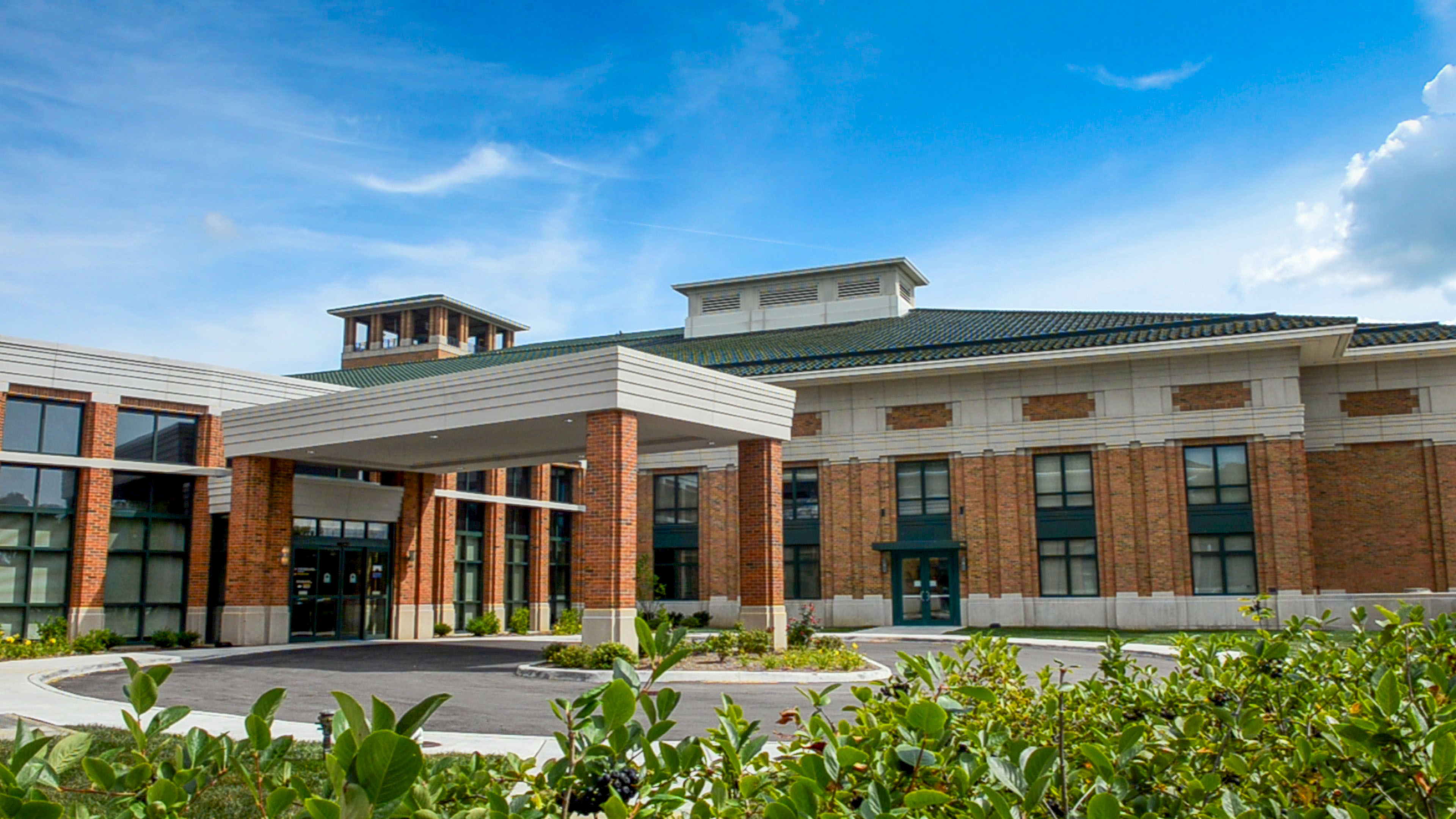Expert Diagnosis, Close to Home
At Columbus Regional Health, we take a team-based approach to diagnosing colorectal cancer—bringing together specialists in gastroenterology, colorectal surgery, pathology, oncology, and radiology to ensure timely, accurate diagnosis and personalized next steps.
Colorectal cancer may not cause noticeable symptoms in its early stages. That’s why screening and early detection are so critical. When signs or symptoms do appear—such as changes in bowel habits, rectal bleeding, unexplained weight loss, or iron-deficiency anemia—our experts are ready to guide you through a coordinated evaluation process.
How Colorectal Cancer Is Diagnosed
1. Colonoscopy: The First Step
A colonoscopy is often the first diagnostic tool when cancer is suspected or a screening test (like a stool test or CT scan) shows something abnormal. During a colonoscopy, a gastroenterologist examines the entire colon using a flexible scope and may remove suspicious polyps or tissue samples for biopsy.
2. Pathology and Tumor Grading
Tissue samples are reviewed under a microscope by a pathologist to determine whether cancer is present and, if so, how aggressive it appears. This is a critical step in confirming the diagnosis and helping guide treatment planning.
3. Imaging and Staging
If cancer is confirmed, additional imaging tests—such as CT scans, MRI, or PET scans—may be ordered to check whether the cancer has spread beyond the colon or rectum. This process, known as staging, helps determine whether the disease is localized, regionally advanced, or metastatic.
4. Multidisciplinary Case Review
Your case is reviewed by a multidisciplinary cancer team at CRH. Together, they evaluate all test results, imaging, and pathology to determine the best next steps—tailored to your diagnosis, health, and goals.
Dedicated Nurse Navigator Support
From diagnosis to treatment, our Colorectal Cancer Nurse Navigator is here to support you every step of the way. Your navigator will:
- Help coordinate appointments with specialists
- Answer questions and explain results
- Provide emotional and practical support
- Connect you with resources like nutrition, financial counseling, and support groups
Treatment Options
At Columbus Regional Health, your colorectal cancer treatment plan is personalized based on the type, location, and stage of your cancer—as well as your overall health and preferences. Our multidisciplinary team works together to ensure you receive the most effective therapies available, close to home whenever possible.
Surgery
For most patients with colon cancer, surgery is the first line of treatment. Our board-certified surgeons perform minimally invasive laparoscopic procedures to remove the portion of the colon affected by cancer, along with nearby lymph nodes.
More complex cases—particularly rectal cancers or advanced-stage disease—may require referral to a specialized center for more advanced techniques, including robotic surgery or multidisciplinary pelvic floor surgery. If referral is needed, we’ll help coordinate every step of that process.
Learn More About Surgical Oncology
Radiation Therapy
Radiation therapy is used most often for rectal cancer, either before surgery to shrink the tumor or after surgery to reduce recurrence risk. While it’s less commonly used for colon cancer, it may be considered in select cases.
Our team offers the following advanced forms of external radiation:
- External Beam Radiation Therapy (EBRT) – the most common technique
- Intensity-Modulated Radiation Therapy (IMRT) – targets the tumor while minimizing exposure to healthy tissue
- Image-Guided Radiation Therapy (IGRT) – improves precision using real-time imaging
Learn More About Radiation Therapy
Medical Oncology
Our medical oncology team provides advanced systemic treatments to destroy cancer cells throughout the body or reduce the risk of recurrence:
- Chemotherapy – used before or after surgery, or as a primary treatment for advanced-stage disease
- Targeted Therapy – attacks specific genetic changes or proteins driving the cancer’s growth
- Immunotherapy – especially important in advanced or metastatic colorectal cancer, helping the body’s immune system recognize and attack cancer cells
Treatment decisions are guided by your cancer’s molecular and genetic profile, as well as national guidelines and clinical best practices. Your oncologist will discuss all available options and help you choose a treatment path aligned with your goals.
We're Here for You
If you've received an abnormal test result, are experiencing symptoms, or have concerns about colorectal cancer, talk to your provider or contact our team directly. Early diagnosis makes all the difference.



